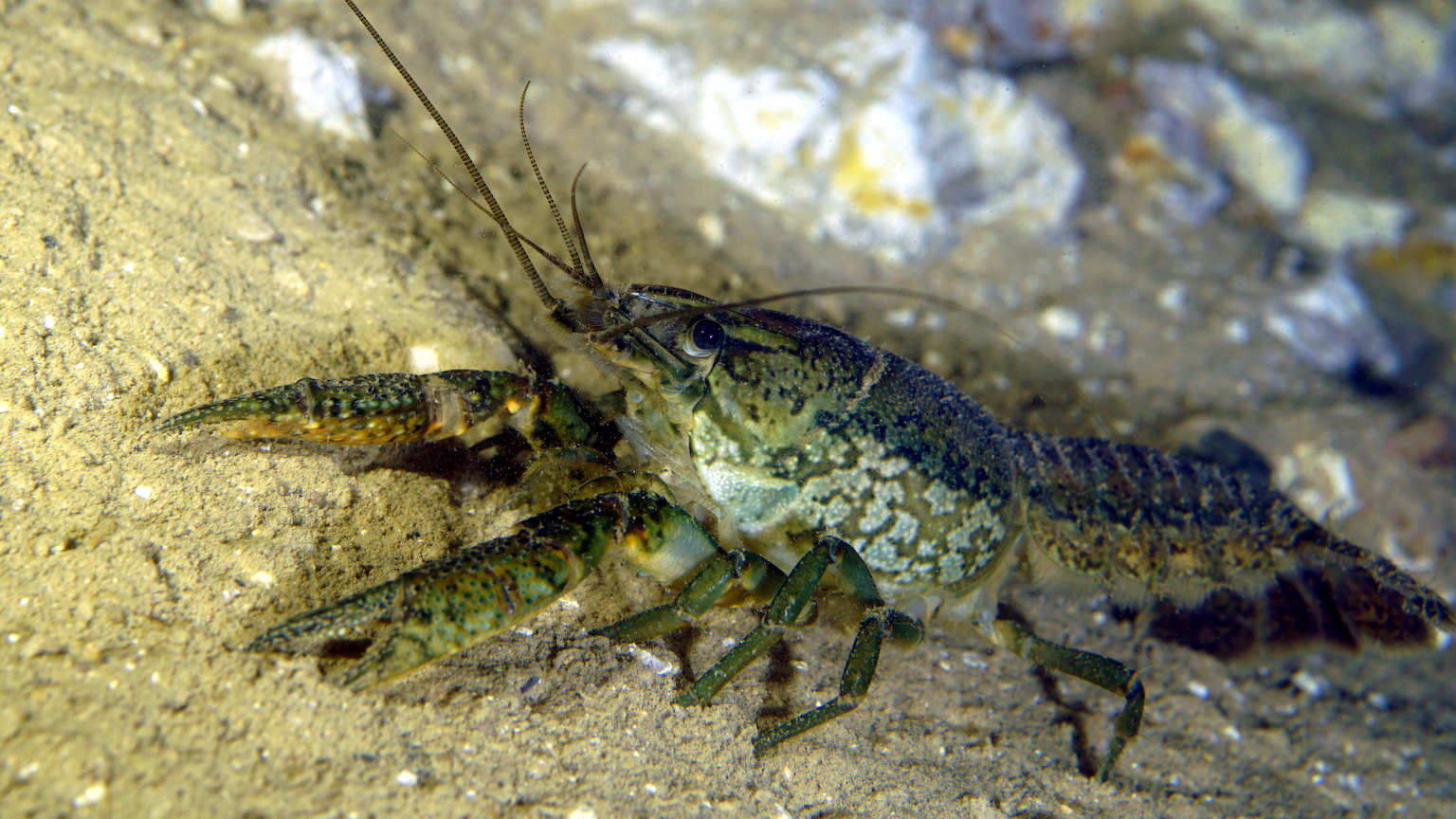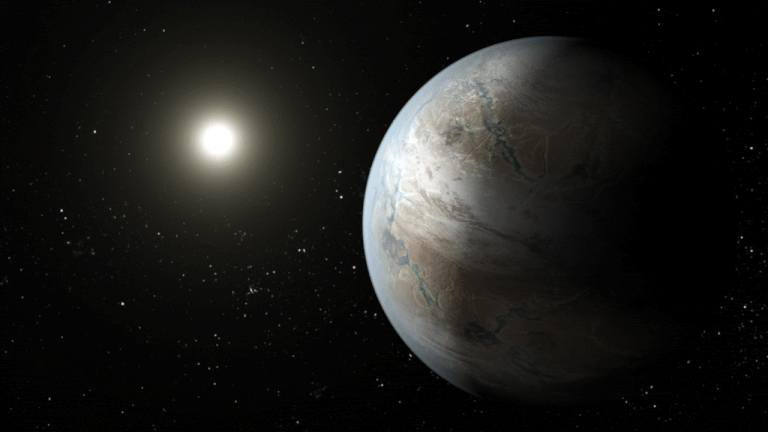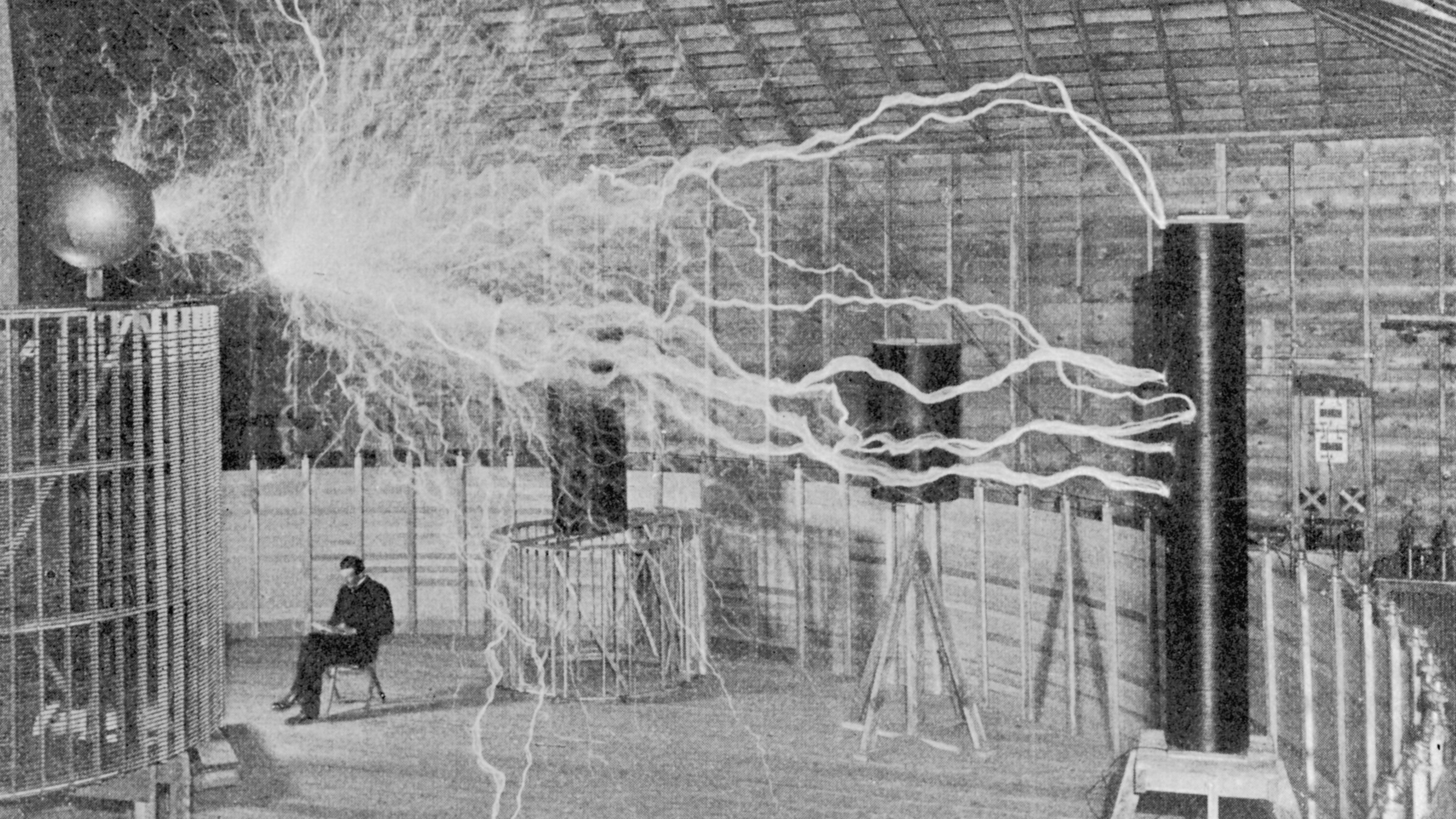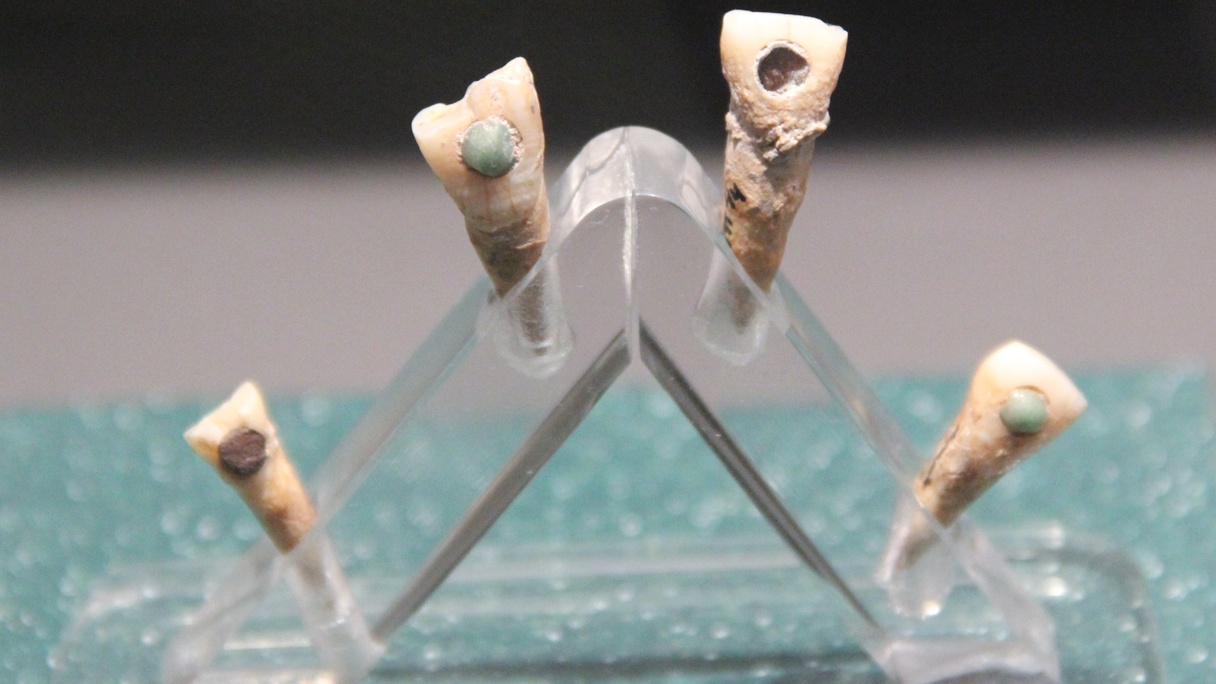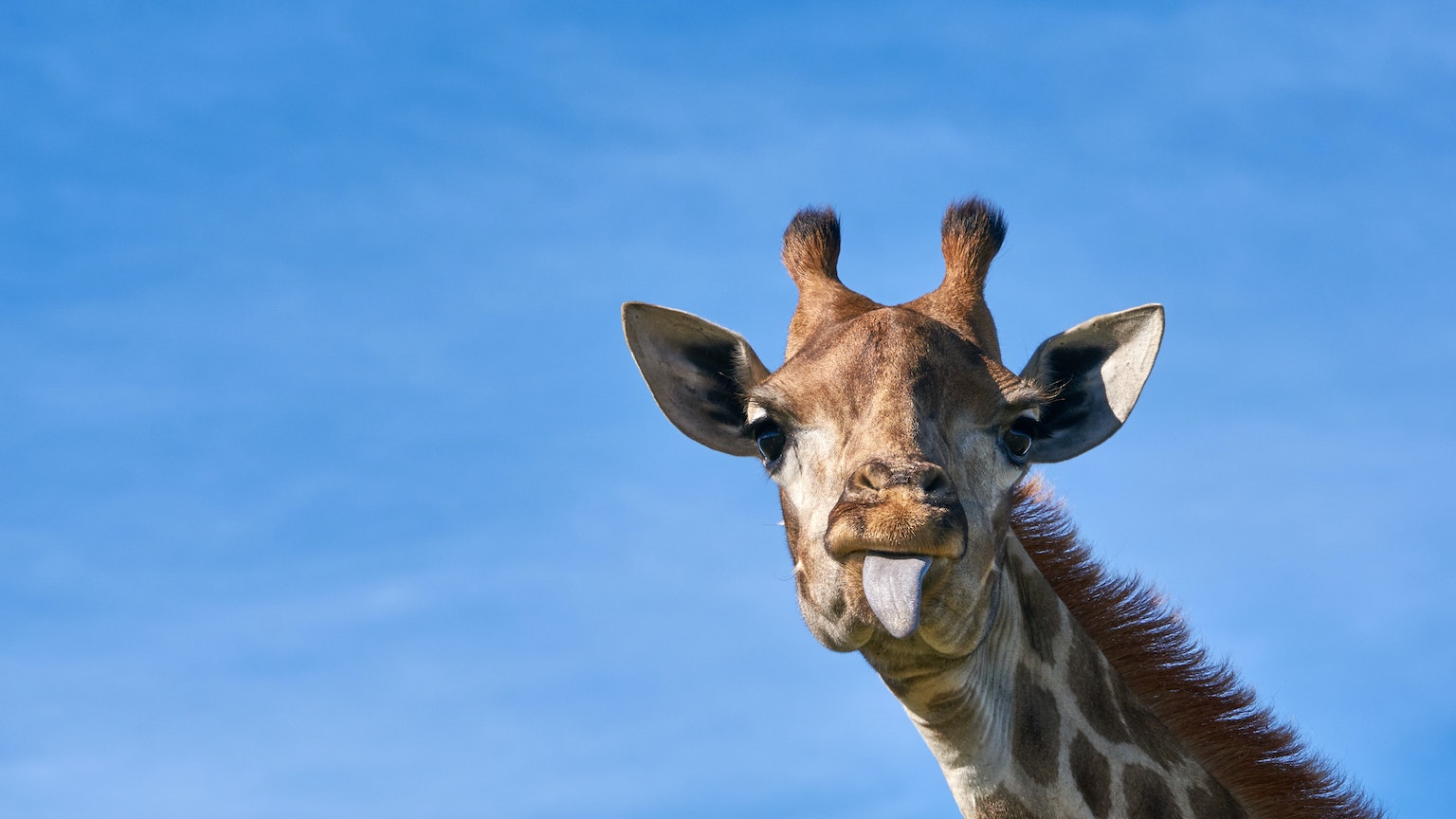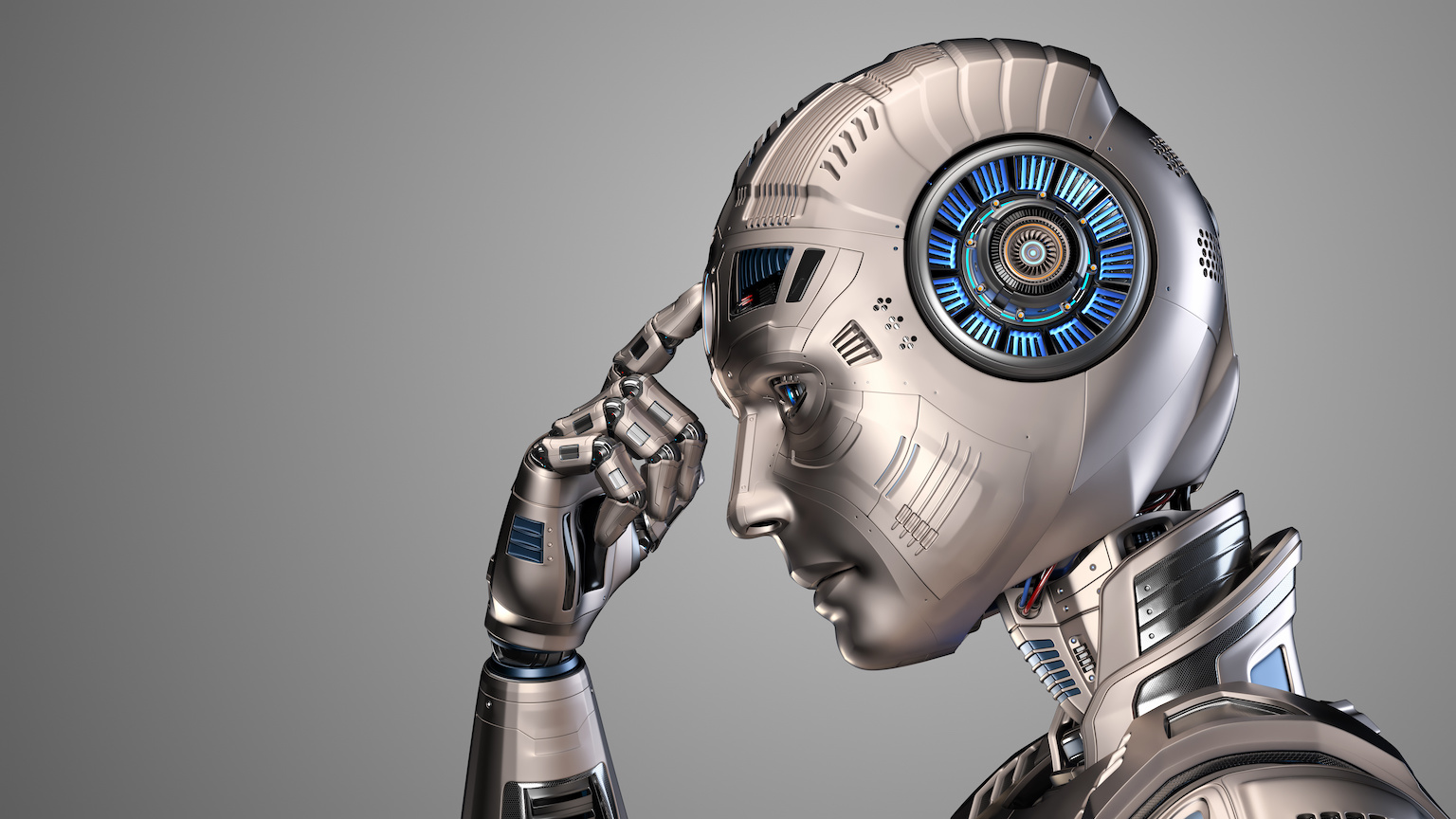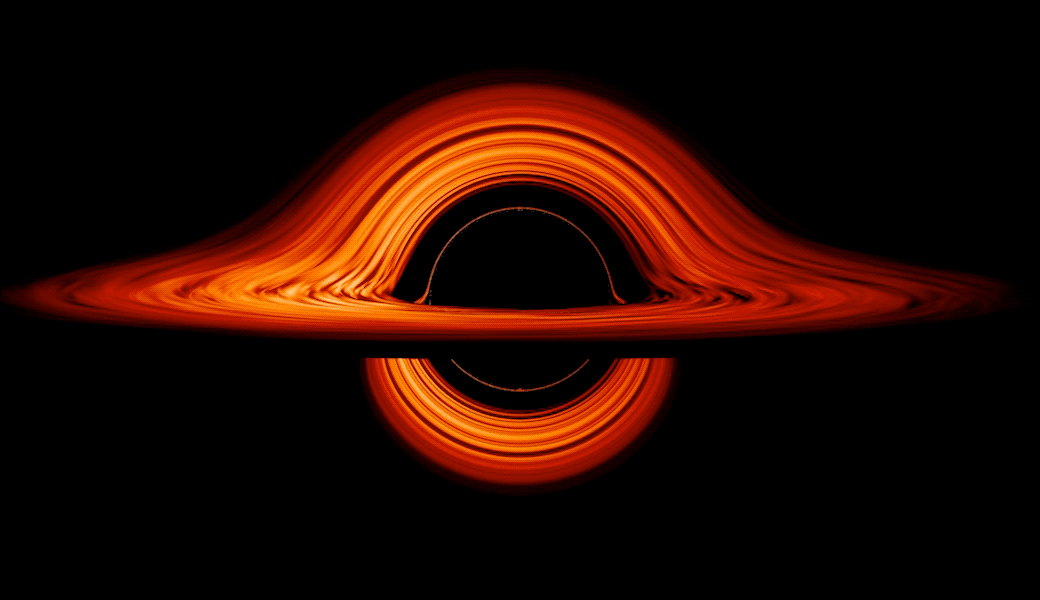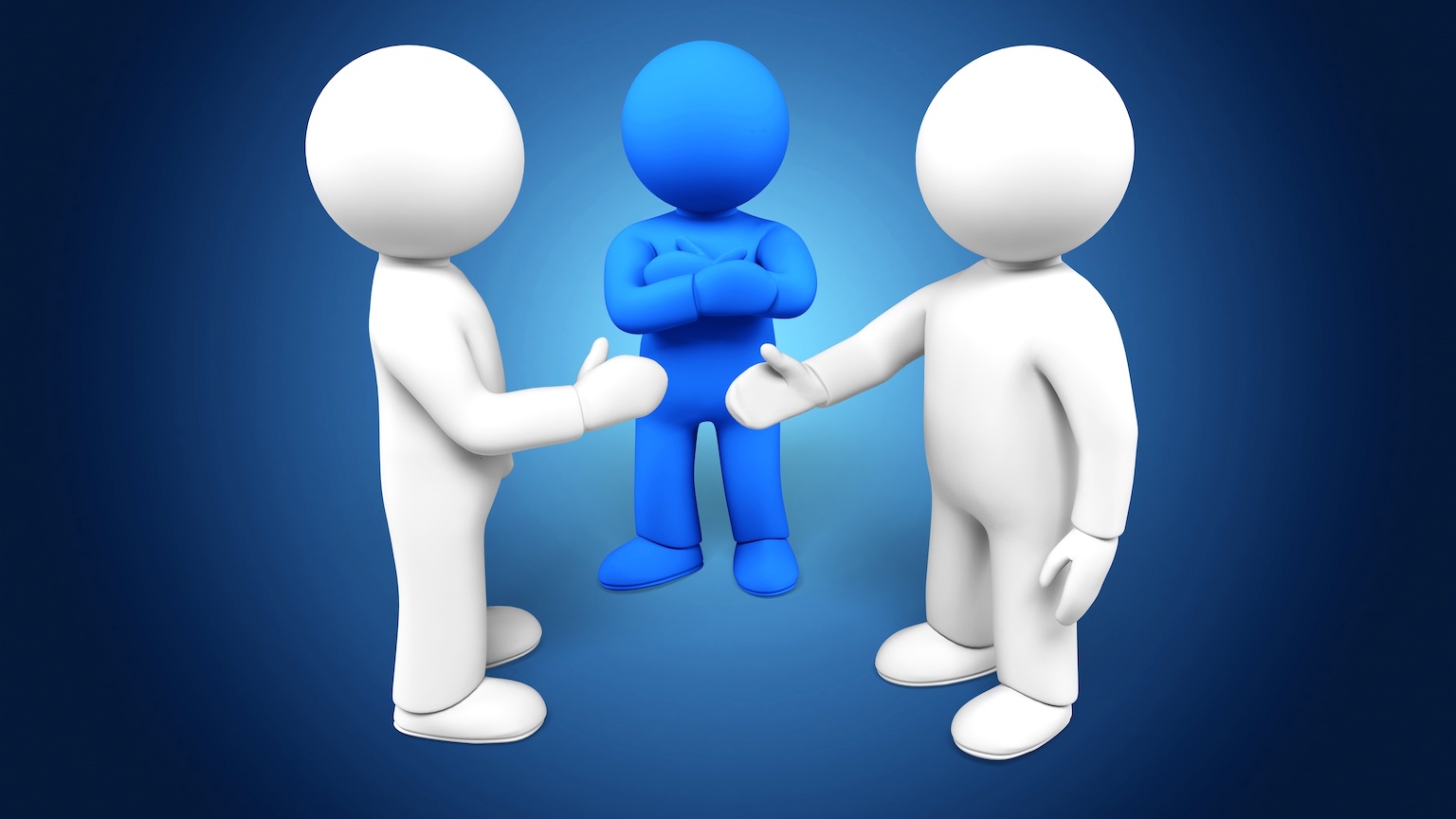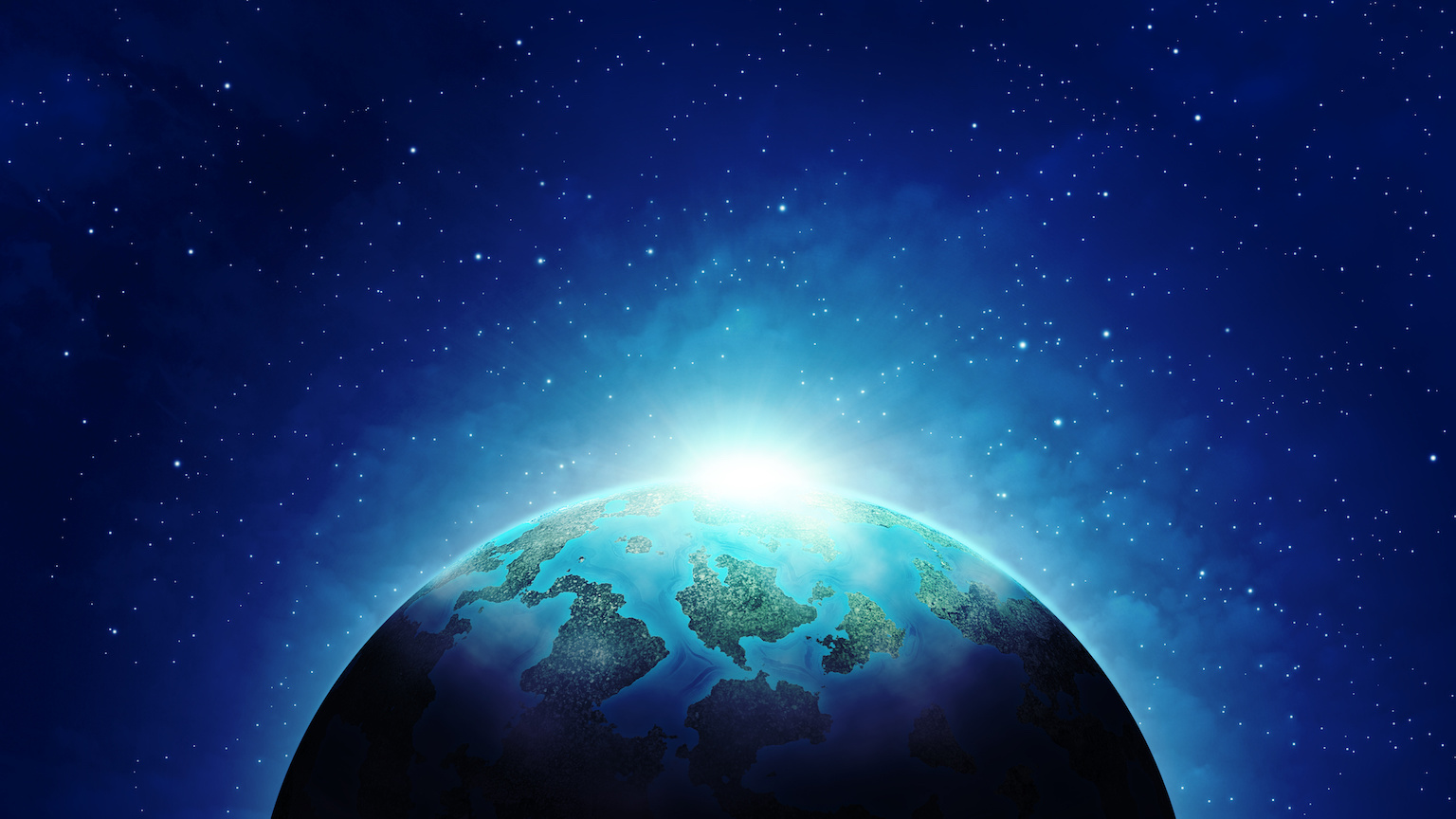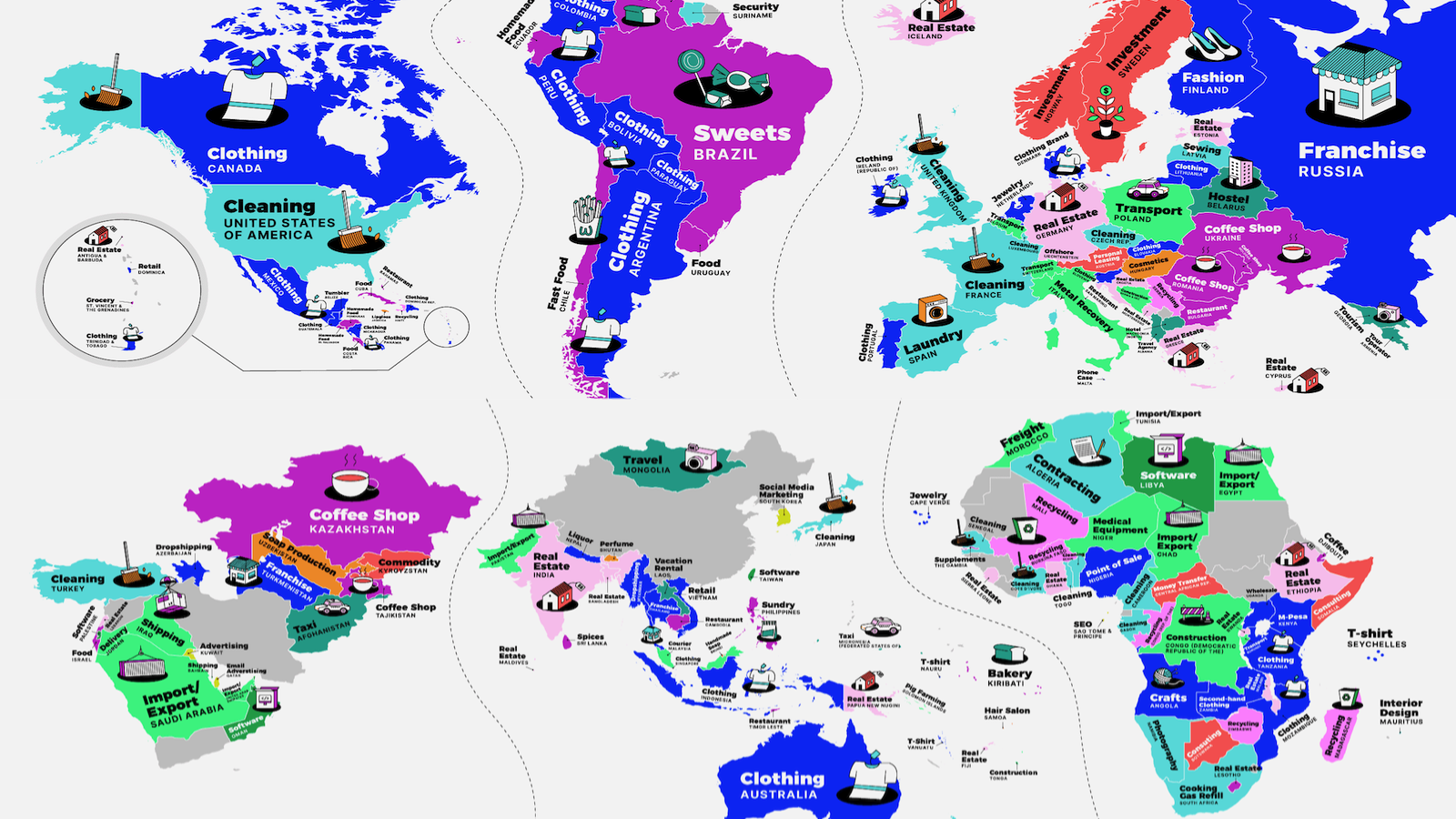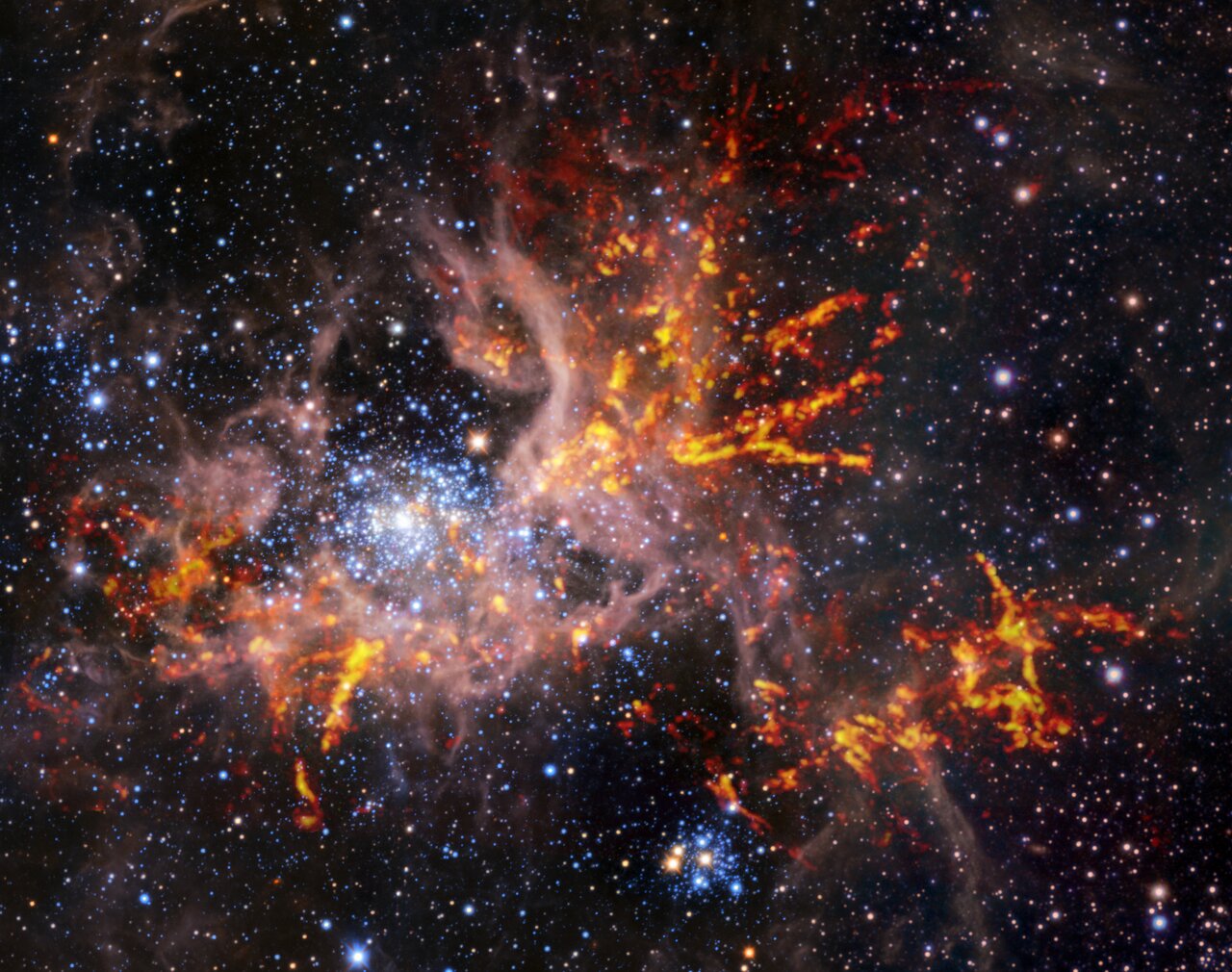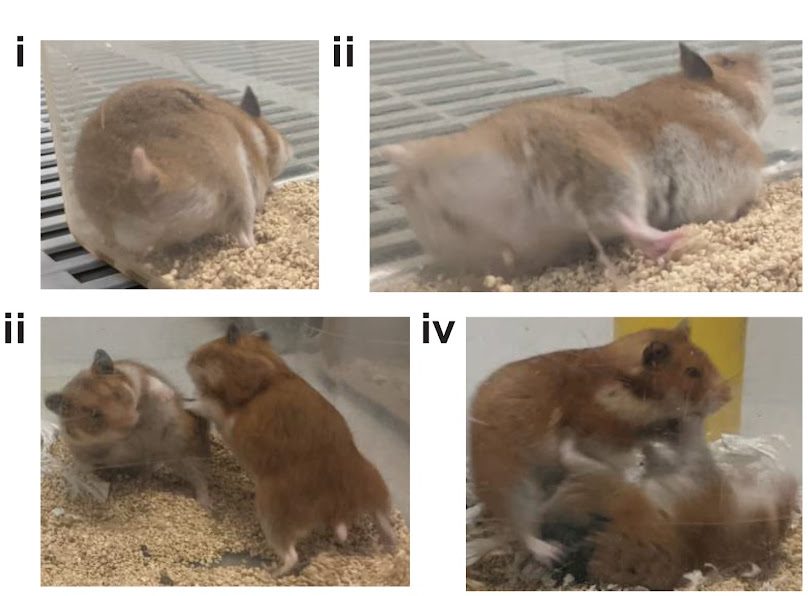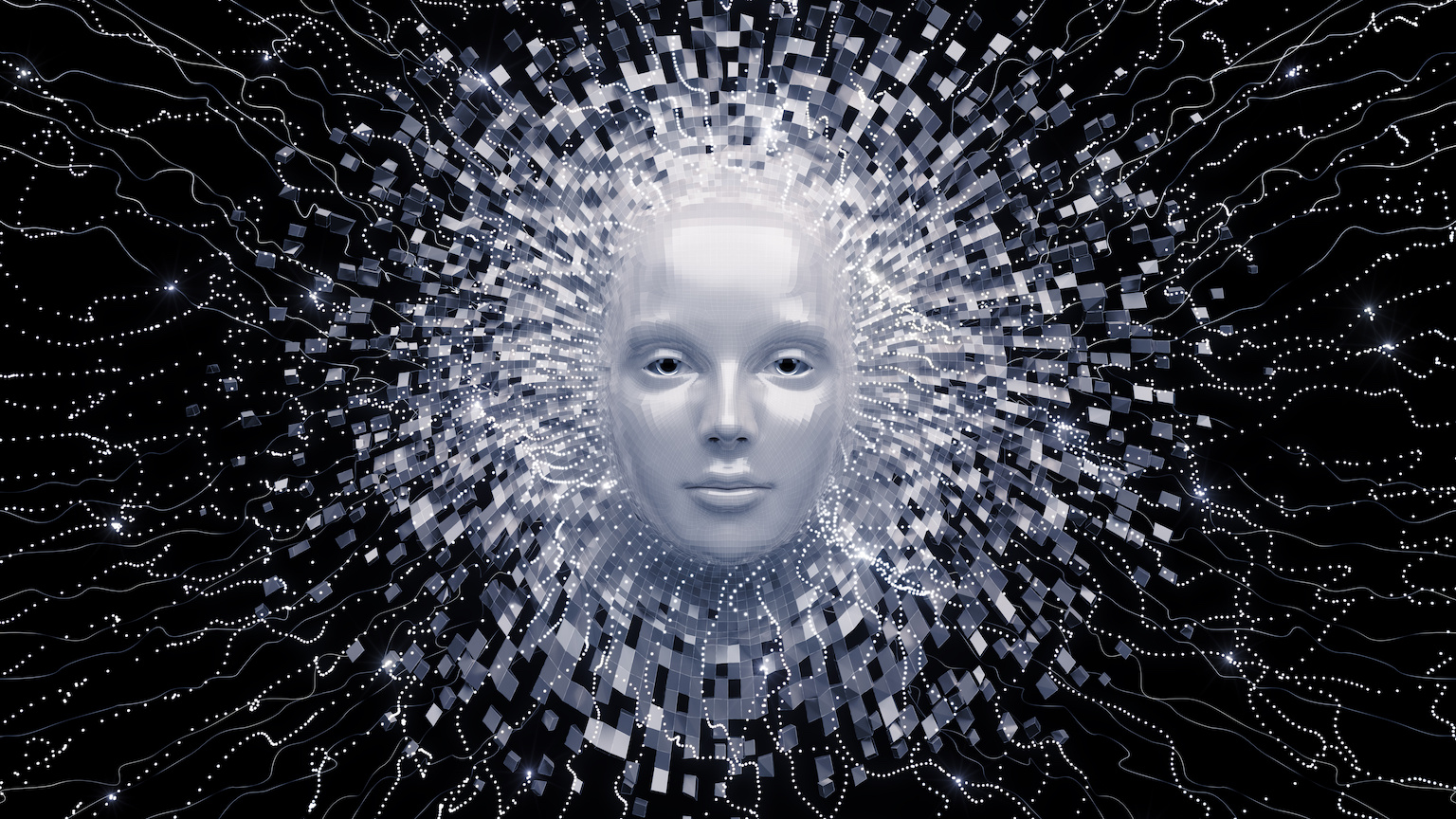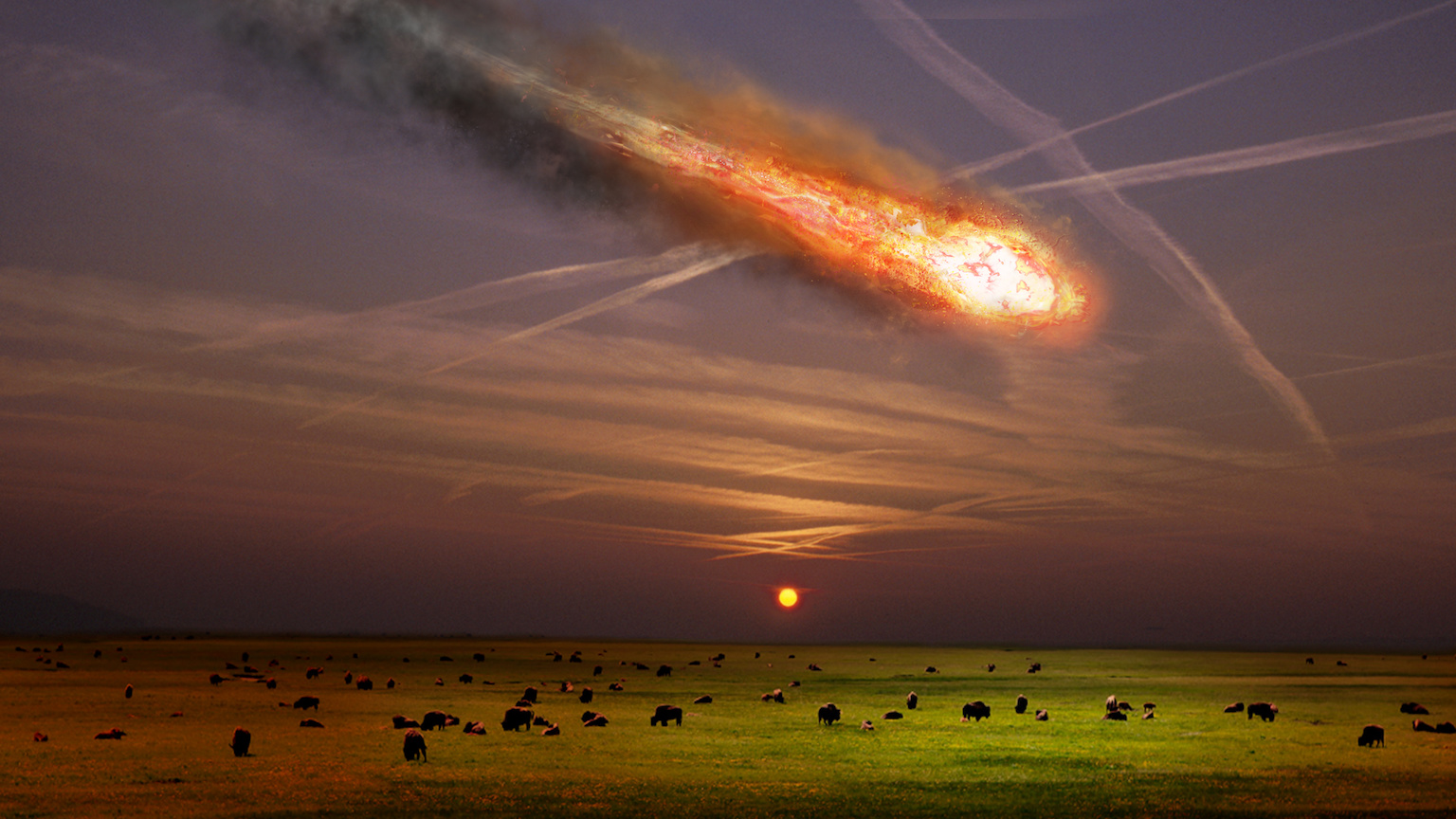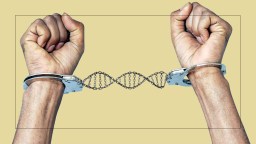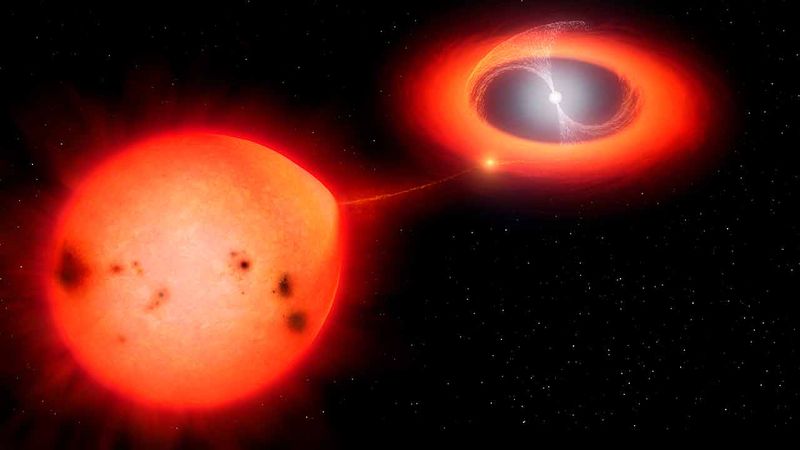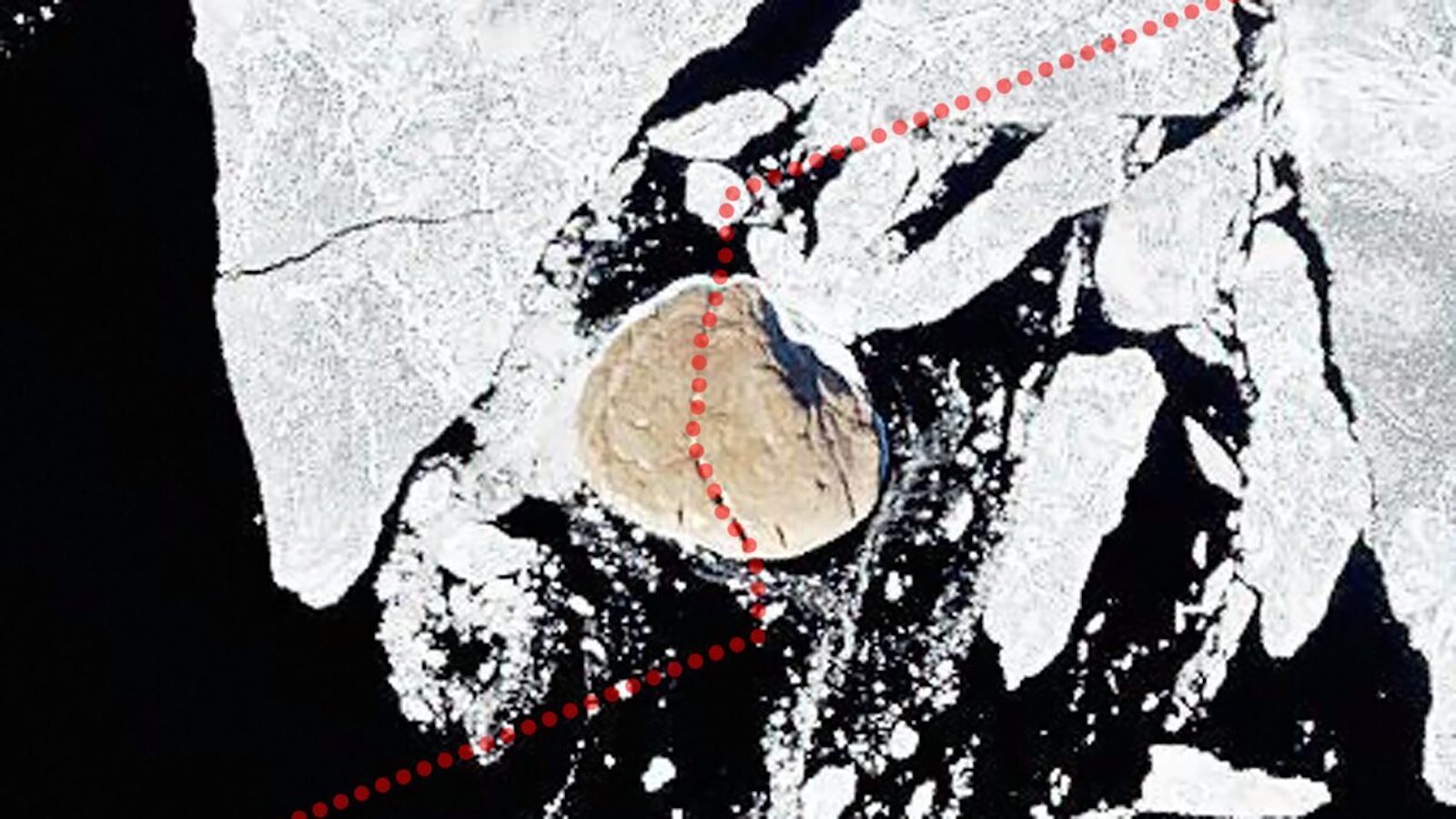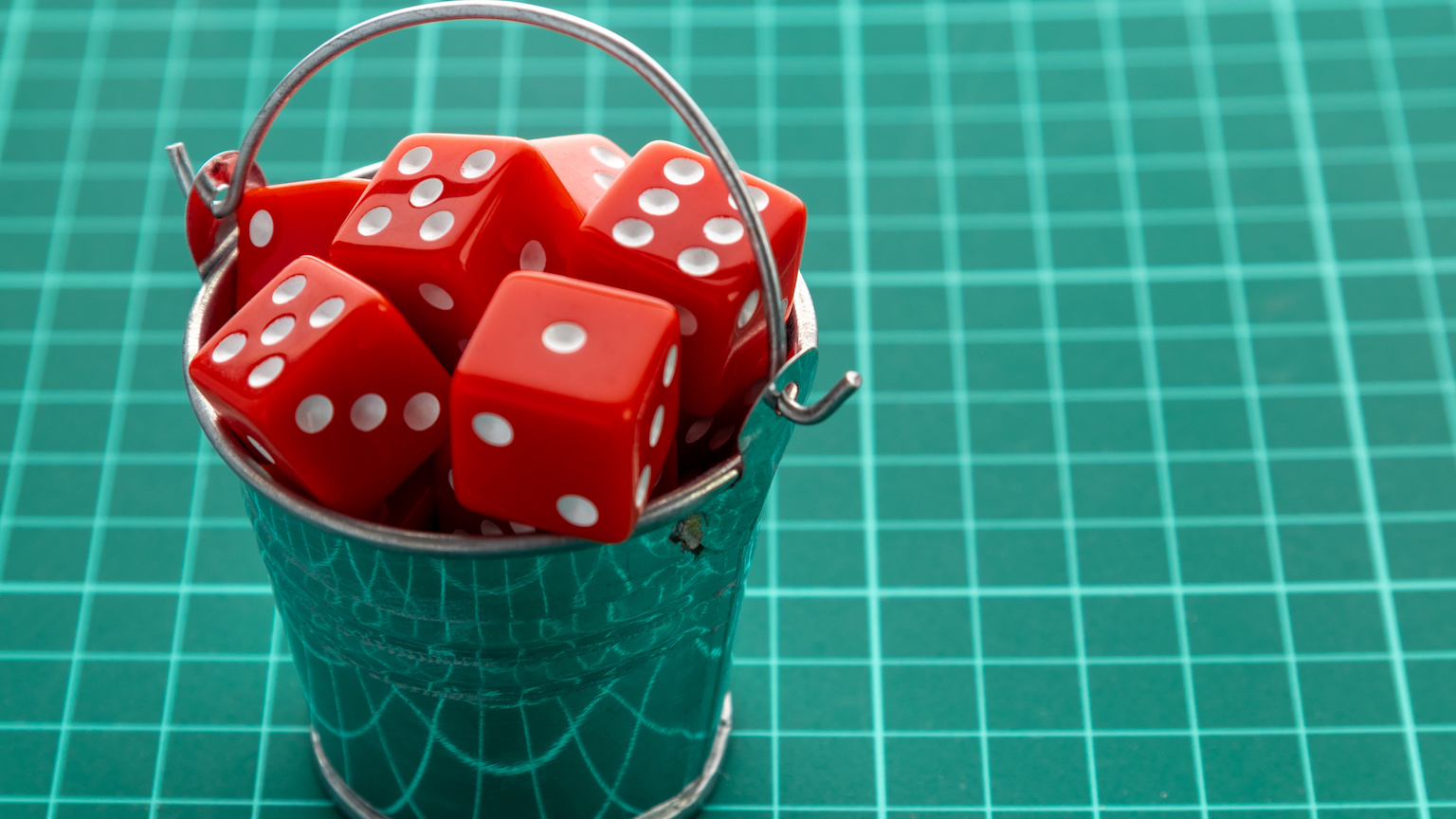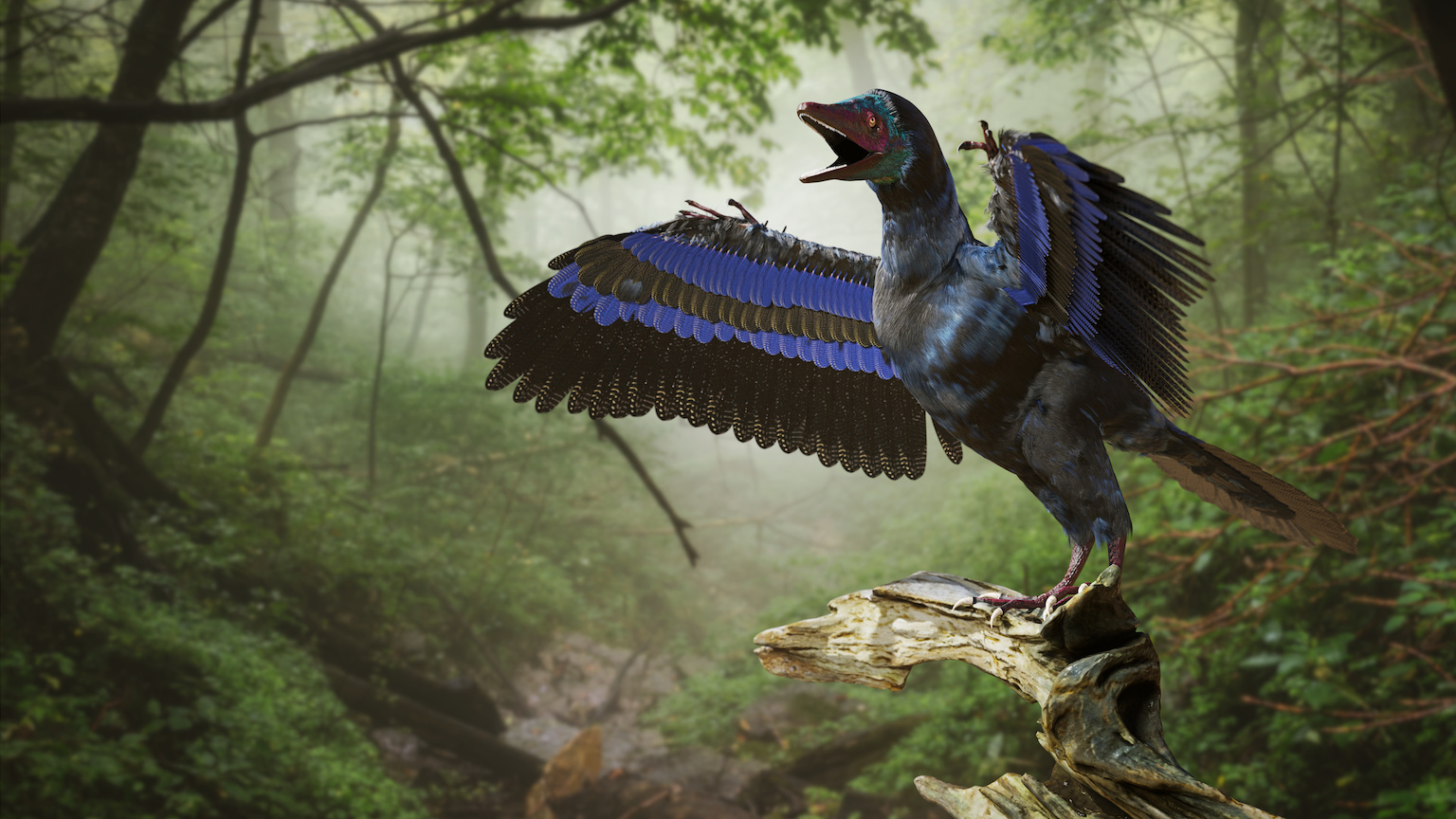All marbled crayfish descended from a single clone discovered in Heidelberg, Germany in 1995.
“Lac-Phe” grants obese mice the benefits of exercise — without exercising. But don’t expect an “exercise pill.”
There are billions of potentially inhabited planets in the Milky Way alone. Here’s how NASA will at last discover and measure them.
Jokes so cheesy even French philosophers will love them.
Fire-retardant gels and slimes combine the best attributes of water and foam.
“The Soul of a New Machine” provides a rare level of insight into the minds and decisions of humanity’s greatest thinkers.
The ancient Maya enjoyed filling their teeth with gemstones. A new study reveals how the procedure was done and how it didn’t kill them.
There are two kinds of suffering. One is pure pain. The other makes life worth living.
▸
6 min
—
with
Do you think you know the Solar System? Here’s a fact about each planet that might surprise you when you see it!
One home was printed in 28 hours. Now, Alquist 3D is building 200 more.
Wearable technology can help increase lifespan by changing what we know about our dietary needs and creating new ways to exercise.
Nikolaas Tinbergen’s concept of “supernormal stimulus” explains why humans are attracted to a heightened version of reality.
It’s not about leaves in tall trees.
You’ve heard of Stephen Hawking. Ever heard of Renata Kallosh? Didn’t think so.
An analogy explains the greater fool theory: You don’t have to run faster than the bear to get away; you just have to run faster than the other guy.
AI systems can carry on convincing conversations, but they have no understanding of what they’re saying. Humans are easily fooled.
With two different black hole event horizons now directly imaged, we can see that they are, in fact, rings, not disks. But why?
Our economy is dominated by middlemen, including huge companies such as Walmart and Amazon. There are many benefits to going direct instead.
Any alien civilization that grows to span an entire planet would spark the same effects that we have. So, what do we do about it?
In New Zealand, ambitious Kiwis want to launch a lawn mowing business; in South Africa, it’s cooking gas refills. Start-up dreams vary widely.
Technology will not save the world, and it is inherently neither good nor bad. But, when tech is coupled to human virtue, good will prevail.
When stars form, they emit energetic radiation that boils gas away. But it can’t stop gravitational collapse from making even newer stars.
For 40 years, scientists thought a specific gene was linked to aggression in hamsters. Removing it, however, had violent consequences.
The engineer working on Google’s AI, called LaMDA, suffers from what we could call Michelangelo Syndrome. Scientists must beware hubris.
The James Webb Space Telescope (JWST) will study many dangerous cosmic phenomena, knowledge of which may help save humanity.
Eugenics is bad – but understanding DNA is good.
▸
4 min
—
with
If you think you know how an astronomical nova works, buckle up. You’re in for a ride like you never expected.
A dispute marked by flags and booze has been replaced with an official land border.
Game theory is a unique combination of math and psychology. Its applications turn up everywhere, from nuclear war to Tinder to game shows.
The long-standing debate over whether dinosaurs were more like birds or lizards is drawing to a close.
